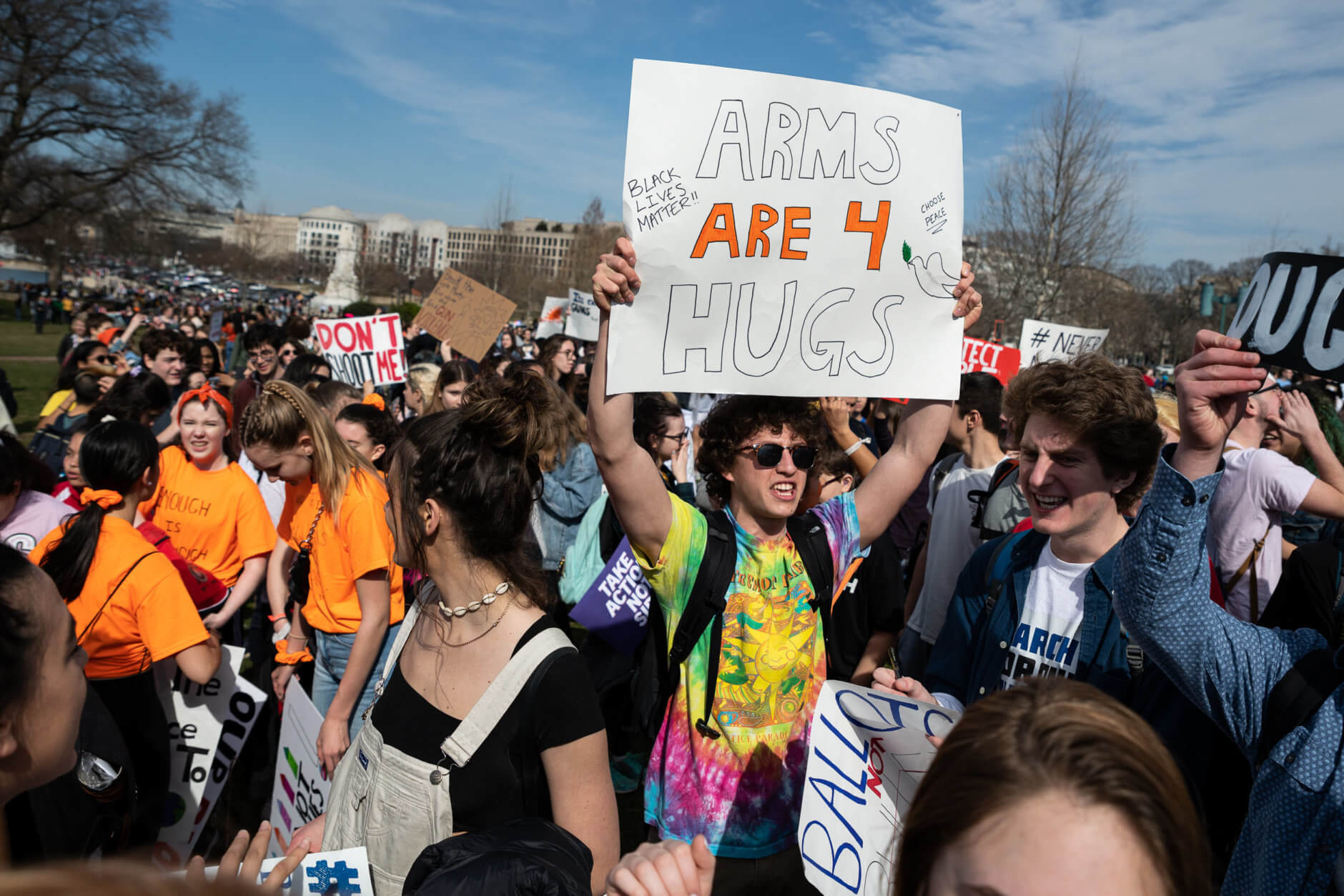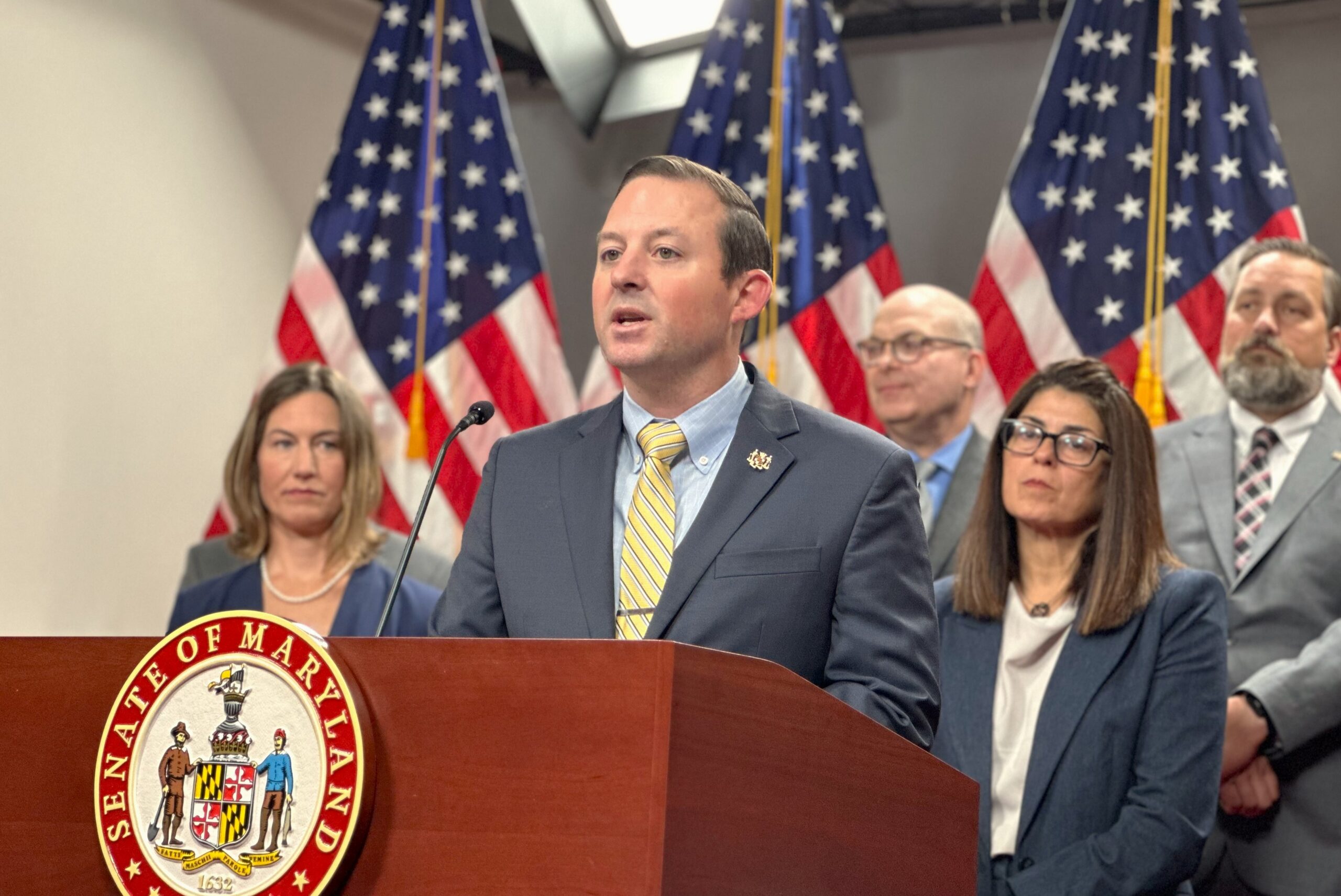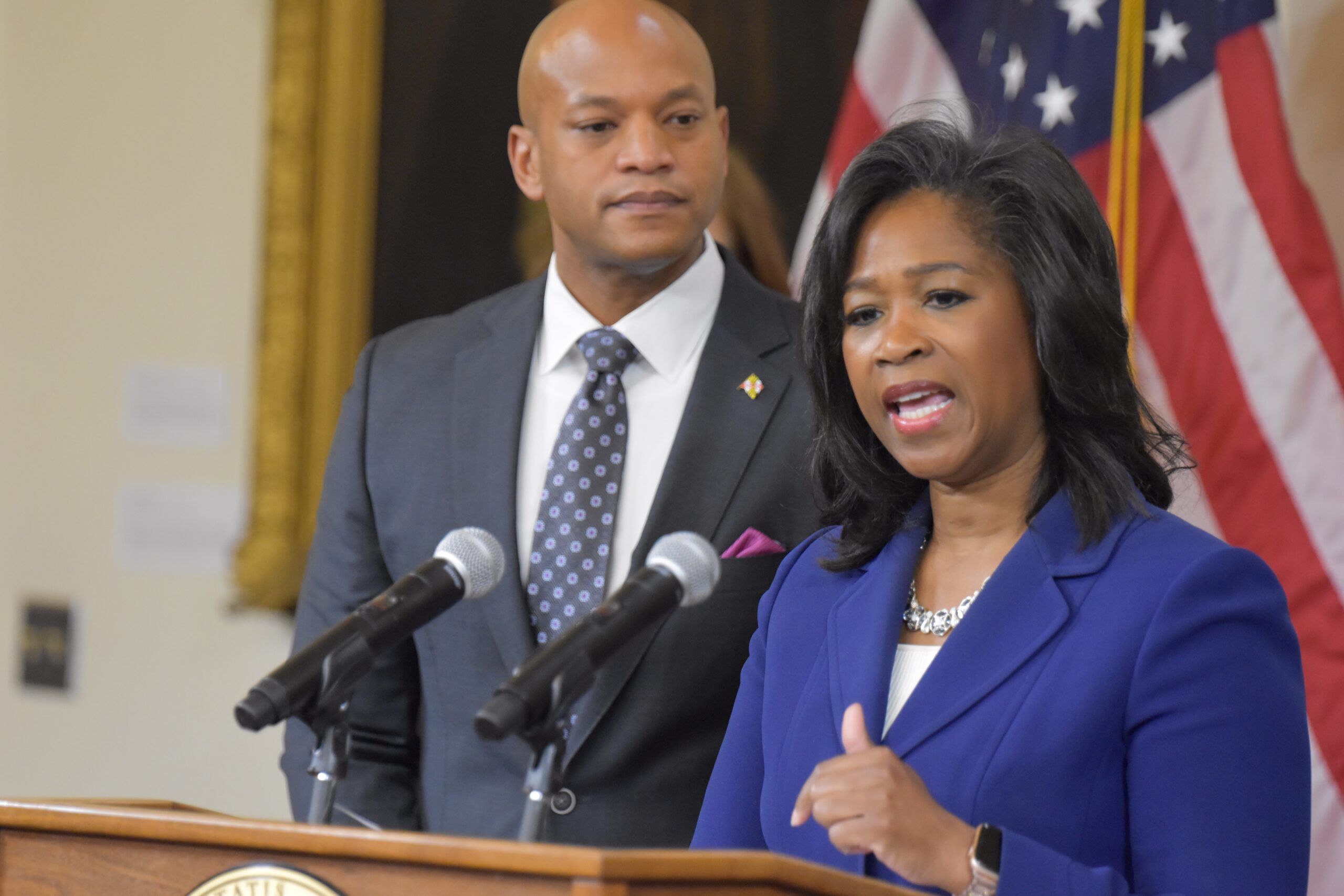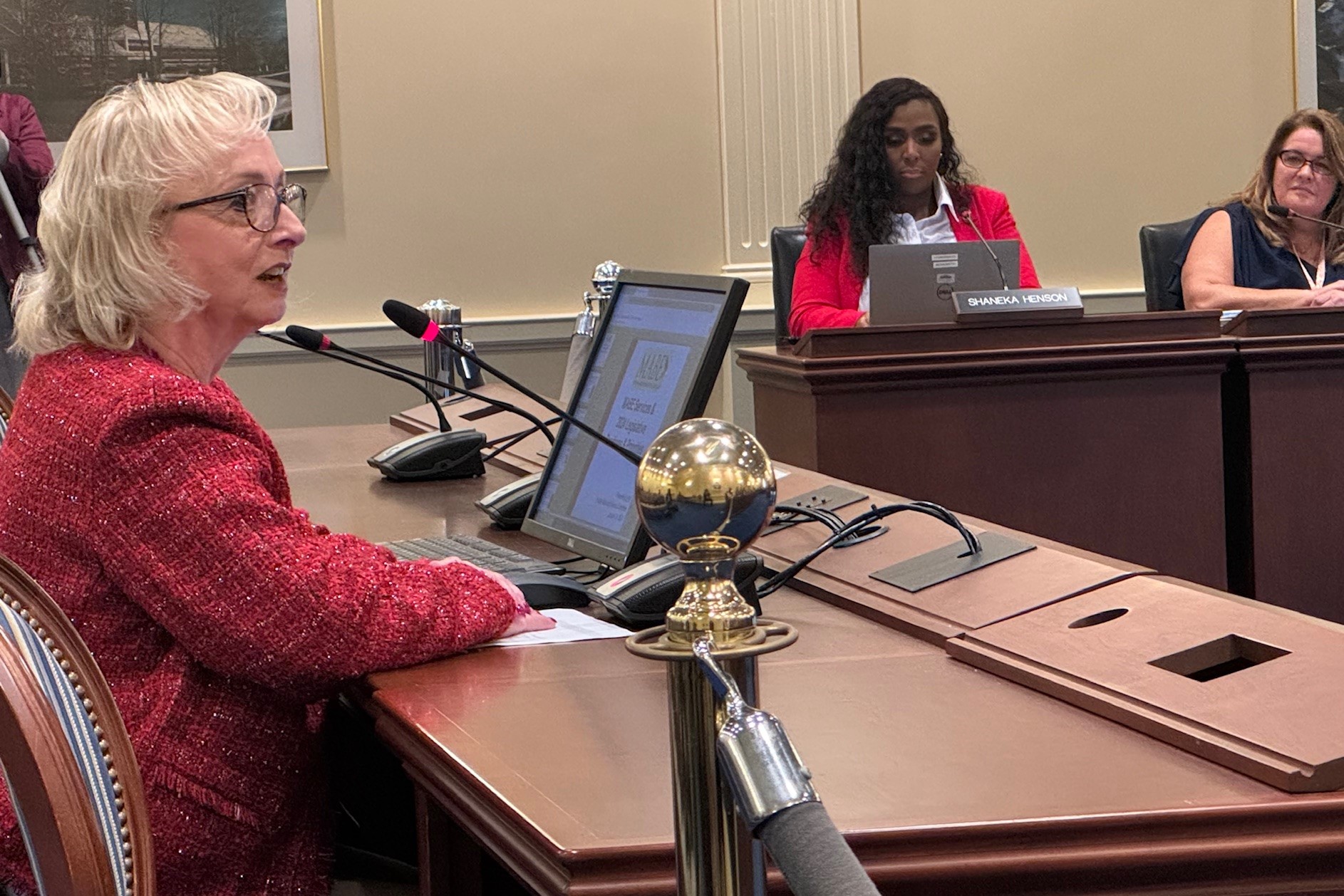Bill Seeks to Bring Clarity to Rules on Student Protests

If a measure working its way through the General Assembly becomes law, Maryland school systems would be required to allow students to engage in peaceful demonstrations.
It would also seek to clarify the restrictions that administrators can impose in the interests of safety, according to the measure’s sponsor, Del. Eric D. Ebersole (D-Baltimore and Howard counties), a retired teacher.
“It’s supposed to create rules that the school understands, so we don’t interrupt the school day and instruction, but at the same time let students know how to proceed so that they can demonstrate without having an uneven disciplinary policy,” the lawmaker said on Friday.
Ebersole’s bill, House Bill 753, is a top priority of the Maryland Student Coalition, an advocacy organization made up of young people from around the state.
Debates over how to handle campus demonstrations go back decades, but they have taken on renewed urgency in recent years, as young people have sought to speak out on social justice, climate change, gun violence and other issues.
Ebersole’s bill passed the House of Delegates on a largely party-line vote, 97-39, on March 29. It had a hearing in the Senate Environmental Affairs, Health and Education Committee on Thursday.
If approved by both chambers and signed by Gov. Lawrence J. Hogan Jr. (R), school systems would be required to develop a student protest policy. Such policies may include restrictions on speech intended to “harass, threaten or intimidate other people.”
To give school administrators time to prepare, it would also require that students provide 48-hours notice before holding a demonstration.
Jason Wu, a senior at Poolesville High School and the student member of the Maryland State Board of Education, told lawmakers that “as students, our First Amendment right to free speech is perhaps our greatest ability to effect change.”
Hunter Craig, the assistant director of the student coalition, said of the 2018 “walk-outs” that occurred nationwide, and at his school, following the massacre in Parkland, Fla., “I will never forget this experience and the role we all played in making our voices heard.”
“However, this opportunity is not equal throughout the state of Maryland,” he added.
Jennifer Mallo, the vice-chairwoman of the Howard County Board of Education, urged the Senate committee to make two changes to the bill, including a ban on demonstrations on school buses.
That prompted committee Chairman Paul G. Pinsky (D-Prince George’s) to suggest that the Howard board incorporate their ideas into the county’s demonstration policy after the bill becomes law.
“Are you sort of punting it to us?” he asked.
Mallo replied that the Howard board is “looking out for the interests of all students in Maryland.”
Local educators would be allowed to set “reasonable limitations” on the timing and location of student demonstrations to safeguard students and personnel. They could also take steps to “minimize disruption to the educational environment.”
But principals and others would be prohibited from imposing “limits that substantially inhibit a student’s right to free speech.”
Del. Haven Shoemaker (R-Carroll), who voted against the measure in committee and on the House floor, said he supports students’ rights of expression.
“However, I believe that school time is for education, and if students want to protest, they should have at it, but on their own time,” he said.
Although there is only a week left in this year’s legislative session, Pinsky appeared to suggest that Ebersole’s bill has a good chance of passage.
“No one has signed up in opposition — either oral or written,” he told members of the public who signed-up to testify. “So let us please be succinct, and not snatch defeat from the jaws of victory.”




 Creative Commons Attribution
Creative Commons Attribution